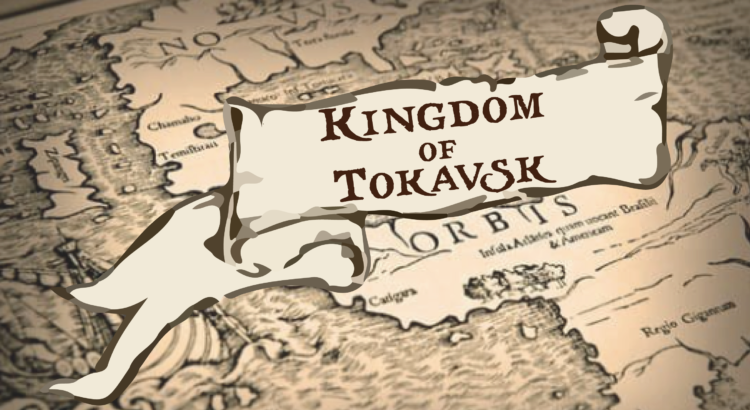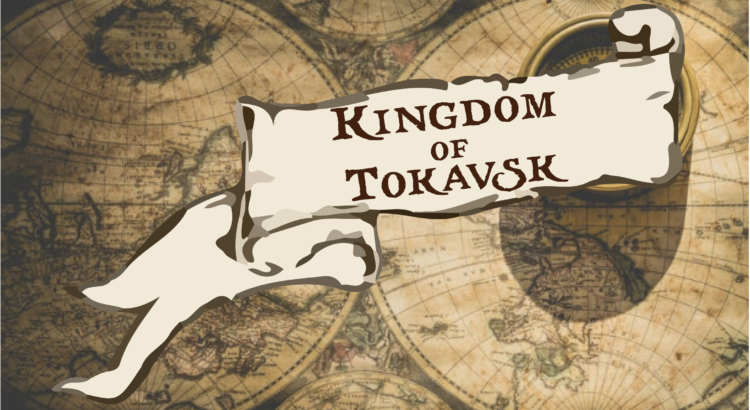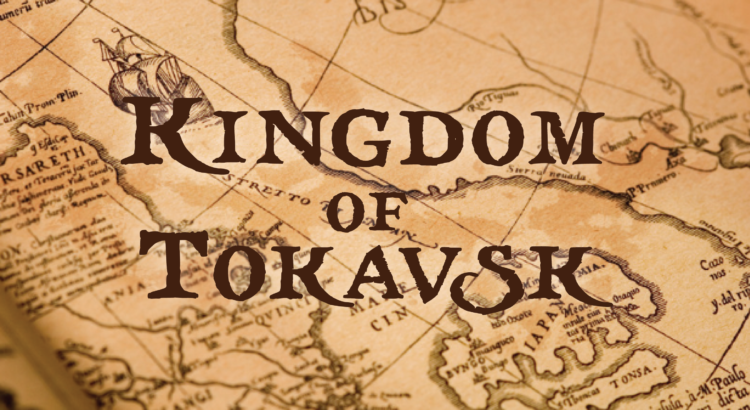When all was said and done, the provinces to the west of Stav and Kuznetsk became the fledgling nation of Tokavsk. The sparse population was largely oblivious that their nationality had just changed, as most at the time were peasants who only cared of obtaining their next meal; indeed, much of Tokavsk’s rural population today still lives in this manner. Yet they had a shared ethnic identity that in principle bound them together. In reality, 75% of the population was Zheren. The other 25%, concentrated in the eastern regions of the new country, were a mixture of Stavs, Uzhreks, and Kurstukanians. They had no say in the war, and many were adamantly opposed to it. Many were compelled to leave, causing an inundation of refugees in the truncated western edge of Kurstukania. Those who stayed did so either because they had lands in the case of the few Kurstukanian nobles or because they did not have the means to emigrate. Some chose to embrace their newfound independence or to exploit it, and as such there was a second diaspora of these peoples toward Tokavsk’s largest city, Orod. Still more settled along the southern hills. Tokavsk, a lowland nation, was not easy to defend except by sea. Her new king saw this as an immediate problem, but there was little he could do without inciting another war. Besides, there were laws to be established, a government to be defined, and a national identity to be created. A military was to be assembled, but fortifying her borders would have to wait. At first, the economy struggled; there were few among the burgeoning elite who knew how to run finances, and those who did were familiar only with the Kurstukanian system. As such, they used Kurstukania as a model. Diplomatic ties were established with nations to the west and south, and old trade routes with Kurstukania were maintained.
It should be noted here that, seven hundred years after her inception, the borders of Tokavsk remain largely unchanged. This is due to several factors: one, the Tokavskan army has never had the military prowess to successfully conquer its neighbors for much of its history; two, vigilant mapmaking and the preservation of the original treaty with Kurstukania meant its borders could be restored with full confidence both times it was reconquered; and three, it has done well to not create animosity with other nations. This does not mean Tokavsk is a peace-loving or genial state; rather, it means that war is frequently not in its best interest. With little wealth to begin with, it is not viable for Tokavsk to wage extensive campaigns. Furthermore, there is often internal turmoil preventing the noble houses of Tokavsk from uniting under one cause. The structure of the Tokavskan government practically encourages lords to be at odds with one another. Its monarchy is not strictly hereditary, meaning the power does not reside within a single family, but it is not elective like in the southern archipelago of Tarsinia. When a king names his successor, he is not allowed to make the choice himself. According to Zheren custom, this produces bias, and it means the best candidate is being denied the opportunity to rule. The founders devised a system they believed would promote stability in Tokavsk, but to many modern scholars the system promotes anything but.




